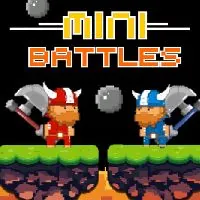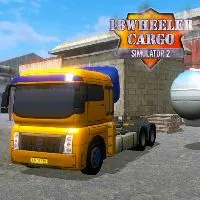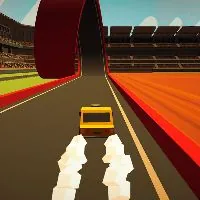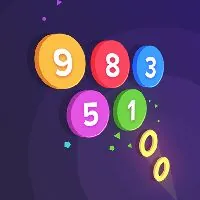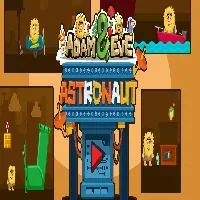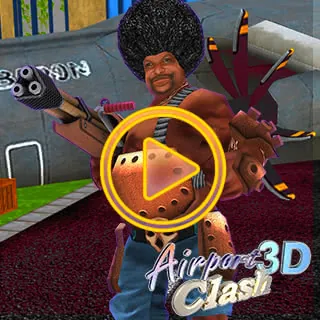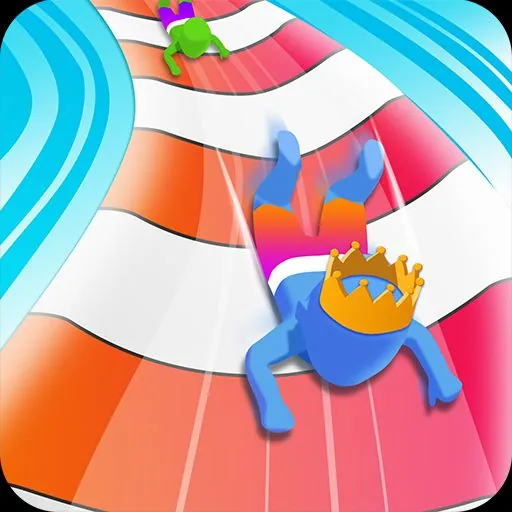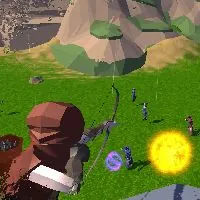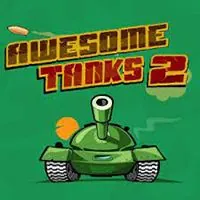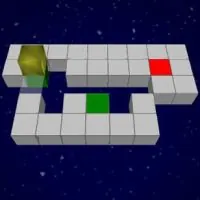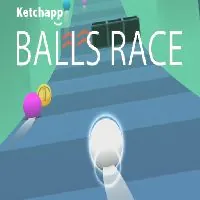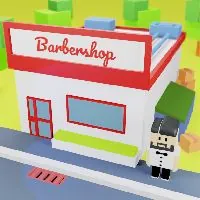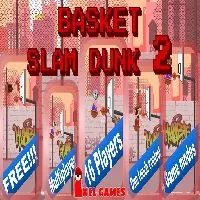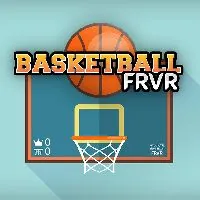TRASH FACTORY
SIMILAR GAMES
Description
Trash Factory - GitLab Games
About Trash Factory - GitLab Games
We've embarked on a deep dive into Trash Factory, a compelling game project hosted on the GitLab Games platform. This analysis offers an exhaustive exploration of its features, gameplay mechanics, development process, and overall appeal. Our goal is to provide a comprehensive understanding of what makes Trash Factory a noteworthy addition to the gaming landscape, particularly within the context of open-source game development and the unique environment offered by GitLab Games.
Gameplay and Mechanics of Trash Factory
At its core, Trash Factory presents a resource management simulation game. Players assume the role of an operator tasked with managing a waste processing facility. The primary objective involves efficiently sorting, processing, and recycling various forms of waste to maximize profitability and environmental sustainability. The gameplay is structured around several key mechanics, each demanding strategic decision-making and careful planning:
- Waste Ingestion: The game begins with the continuous arrival of different types of waste, ranging from paper and plastic to electronic components and organic matter.
- Sorting and Categorization: A crucial element involves sorting the incoming waste streams. Players must implement and upgrade sorting systems to separate different materials.
- Processing and Recycling: After sorting, the separated materials undergo various processing stages. This may involve shredding, melting, composting, or deconstructing waste. The processed materials can then be converted into reusable products or sold for profit.
- Resource Management: Effective resource management is essential. Players must carefully monitor the supply of raw materials, energy consumption, and workforce allocation.
- Technology Upgrades: The game incorporates a progression system that allows players to research and implement new technologies. These upgrades can increase processing efficiency, unlock new waste types, and expand recycling capabilities.
- Environmental Impact: The game subtly integrates environmental factors. Efficient recycling and waste reduction can have a positive impact, whereas inefficient practices can lead to pollution and penalties.
Development Process: A GitLab Perspective
The development of Trash Factory, within the GitLab Games ecosystem, highlights several important aspects of collaborative, open-source project management. The utilization of GitLab's features provides a streamlined environment for software development, testing, and deployment. The process likely involves the following:
- Version Control: GitLab's integrated version control system (Git) enables developers to track changes, collaborate on code, and manage different versions of the game.
- Issue Tracking: The platform allows developers to report bugs, propose new features, and track progress through its issue tracking system.
- Continuous Integration/Continuous Deployment (CI/CD): GitLab CI/CD pipelines automate the testing, building, and deployment process, ensuring faster development cycles and reliable releases.
- Merge Requests: Developers can submit merge requests, which allow for collaborative code review and merging of changes into the main codebase.
- Community Collaboration: The open-source nature of the project encourages community participation. Developers and contributors worldwide may collaborate by proposing changes, reviewing code, and providing feedback.
Key Features and Design Choices
Trash Factory’s design choices contribute to its unique appeal and replayability. The game's features provide a detailed overview of the game's innovative elements:
- Detailed Simulation: The game features a sophisticated simulation engine that accurately models waste processing and material flow. This detail adds depth and complexity.
- Strategic Depth: The interplay of different waste types, processing methods, and upgrades create strategic decision-making.
- Visual Presentation: The visual style of the game is appealing, with clear and intuitive interfaces. This helps players monitor progress, and manage resources.
- User Interface (UI) and User Experience (UX): The game's UI and UX have been optimized for ease of use. This makes the game more enjoyable and accessible to a wide audience.
- Regular Updates: Regular updates enhance content and improve the gameplay. This contributes to player engagement.
Community Engagement and Open-Source Advantages
The open-source nature of Trash Factory, facilitated by its presence on GitLab Games, fosters active community involvement. This collaborative environment provides several key advantages:
- Bug Fixing and Improvement: The community can identify, report, and fix bugs collaboratively. This speeds up the improvement of the game's quality.
- Feature Suggestions: Players can propose new features and improvements, shaping the game's development direction.
- Accessibility and Customization: The open-source model allows for customization. Players can modify the game and create their own content.
- Transparency: The code is open. This boosts transparency.
- Educational Value: Open source development teaches the software development process. This adds value to the community.
Comparison with Similar Games
Trash Factory stands out within the resource management genre by its unique blend of simulation and strategic elements. Here's how it compares to other games in the genre:
- Factorio: While Factorio is primarily focused on automation and factory building, Trash Factory provides a more specific focus on waste management and recycling.
- SimCity: SimCity has a broader scope encompassing city planning. Trash Factory narrows its scope to waste management.
- City Skylines: City Skylines incorporates waste management as one aspect of urban design. Trash Factory puts waste management at the core of the experience.
- The unique focus of Trash Factory creates a niche experience.
Future Prospects and Development Roadmap
The future development roadmap of Trash Factory has several exciting directions that can be pursued.
- Expanded Waste Types: Introducing new waste streams. This can involve new challenges and processing methods.
- Advanced Recycling Technologies: Incorporating cutting-edge recycling technologies and processes.
- Multiplayer Mode: Enabling multiplayer options for competition and collaboration.
- Environmental Impact Simulation: Providing more detail on environmental factors and their effects.
- Integration: Integrating more complex and realistic scenarios and challenges.
Conclusion: Is Trash Factory Worth Playing?
In conclusion, Trash Factory presents a compelling and engaging experience within the resource management simulation genre. The game's unique blend of strategic gameplay, detailed simulation, and open-source community engagement makes it a worthwhile title for players interested in waste management, sustainable practices, and collaborative game development. The integration with GitLab Games further enhances its value by leveraging the platform's robust collaborative tools and open-source philosophy.
For those interested in getting involved, the project is available on GitLab Games.
Play Trash Factory for free on GitLab Games, where we offer a dynamic platform featuring thousands of the best unblocked games online. Our extensive library ensures pure enjoyment with an ad-free experience, keeping you immersed in the action without distractions. Accessible from school, work, or home, our Gitlab games deliver seamless fun anywhere you are. We’ve streamlined the experience—play effortlessly with your keyboard or a simple click, tailored to how you like to game. Dive into our collection of unblocked games, including popular categories like unblocked games 66, unblocked games wtf and cool math games Gitlab, and enjoy entertainment that’s always within reach and endlessly captivating.
